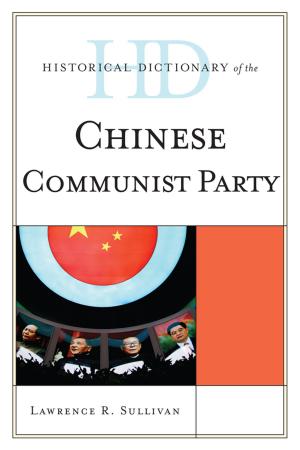The Justice Trap: Law and the Disempowerment of Society
Nonfiction, Social & Cultural Studies, Political Science, Politics, Law Enforcement, Government, Communism & Socialism| Author: | Peter Gelderloos | ISBN: | 1230000384469 |
| Publisher: | Buzzard | Publication: | January 1, 2010 |
| Imprint: | Language: | English |
| Author: | Peter Gelderloos |
| ISBN: | 1230000384469 |
| Publisher: | Buzzard |
| Publication: | January 1, 2010 |
| Imprint: | |
| Language: | English |
This ebook has been ported from theanarchistlibrary.org.
Justice is a multifaceted concept, and thus perhaps a cumbersome one to negate with one stroke of the pen. One might say that justice has a discrete, defined institutional existence, in Euro/American states generally referred to as criminal justice, as well as a popular, informal existence in public opinion and the values claimed by social movements — social justice. These two aspects are subject to different forms of contestation, change, and formulation, but generally when they are not in agreement there is cause for social conflict, and social movements attempt to influence the forms of institutional justice as much as agents of institutional justice attempt to influence public opinion of what constitutes justice. I argue that justice as a concept unifying both its social and institutional aspects has certain common characteristics that can be identified through comparison to non-Western structures of restorative justice, and through contrast with systems of conflict resolution that do not qualify as justice systems. Furthermore I argue that the habit of social movements to claim social justice as a value and to enter into dialogue or the logic of demands with the institutions of criminal justice is a key element that allows the state to intervene in and control these social movements. Then I provide a personal anecdote that illustrates some of the contradictions and power relations in the practice of justice.
This ebook has been ported from theanarchistlibrary.org.
Justice is a multifaceted concept, and thus perhaps a cumbersome one to negate with one stroke of the pen. One might say that justice has a discrete, defined institutional existence, in Euro/American states generally referred to as criminal justice, as well as a popular, informal existence in public opinion and the values claimed by social movements — social justice. These two aspects are subject to different forms of contestation, change, and formulation, but generally when they are not in agreement there is cause for social conflict, and social movements attempt to influence the forms of institutional justice as much as agents of institutional justice attempt to influence public opinion of what constitutes justice. I argue that justice as a concept unifying both its social and institutional aspects has certain common characteristics that can be identified through comparison to non-Western structures of restorative justice, and through contrast with systems of conflict resolution that do not qualify as justice systems. Furthermore I argue that the habit of social movements to claim social justice as a value and to enter into dialogue or the logic of demands with the institutions of criminal justice is a key element that allows the state to intervene in and control these social movements. Then I provide a personal anecdote that illustrates some of the contradictions and power relations in the practice of justice.















